Resilience is defined as the ability to adapt successfully in the face of adversity, threat, tragedy or trauma. It means being able to cope with the obstacles that life throws at you. There are strategies of resilience that can help us keep going in these circumstances, when we are battling the overwhelming urge to give up.
For anyone working in frontline healthcare, Covid-19 is undoubtedly causing pressure and threat on a scale like nothing else seen before. A lack of time, staff and resources is presenting challenge to anyone working in healthcare. At times, things may seem impossible. Whilst some basic resilience techniques won’t fix the nightmare situation that we are facing, it may help give us the resilience to get through it and to come out the other side, whilst preserving our mental health.
Here are a few simple techniques which could help keep your resilience high:

- Try to shut down catastrophic thinking. This can be a downward spiral that can leave us feeling completely helpless and unable to take any purposeful action. We have all at one time or another felt like things were ‘the end of the world’ – and yet we have recovered and moved on from those times of struggle
- Focus on your strengths. You may feel out of your depth working in an unusual setting with a patient group completely different to your usual speciality, but we all have different and valuable skillsets. You may have compassion, be a great communicator and listener, you may be helpful at propping up your exhausted team – whatever it is, you will have something positive to bring to the table
- Don’t be afraid to talk about your stressors. It can feel difficult to express your concerns in circumstances of widespread stress, out of guilt that other people have worse situations than you. For example, some people are stressed by their current workloads, yet feel that others have it worse as they have lost their jobs altogether. It is important to remember that other people’s stress does not invalidate your own. At the same time, other people’s situations may help to give you useful perspective on the severity of your personal circumstances
- Remember the good things. At this current time, it can be hard to see anything positive. But focus on your wins, however small they may be. Did you help someone today? Try reading good news (if you google ‘good news’ a large number of sites have dedicated pages for good news stories) and remember any small acts of kindness
- Think about the tough times you have faced in your life. Think about how you got through them – we all already know some forms of resilience, remember what worked for you in the past
- Take a break and escape. Between 12-hour shifts this can seem impossible, but on those rare occasions where the opportunity presents itself, try to do something for you. Read, bake, watch your favourite show or do anything else you enjoy. Consider turning away from social media if you feel overwhelmed – a mental break can do you good
- Use your support network – people going through times of adversity are likely to fair better when they have support and care around them. In this way you should also consider your colleagues – particularly with self-isolation, would they benefit from a caring voice down the phone?
- Remember that times of crisis can make you stronger. Going through a tough time and learning to cope with that stress can increase our confidence and bring us out as more prepared to manage stress in the future

Whilst the above techniques may seem quite obvious, attitude is known to play a huge role in personal resilience. Optimism, managing your emotions and having a strong support system are all known to help improve resilience. All we can do is be kind, do our best and try to stay resilient.
References:
https://ajp.psychiatryonline.org/doi/full/10.1176/appi.ajp-rj.2017.120402
https://ideas.ted.com/8-tips-to-help-you-become-more-resilient
https://hbr.org/2016/06/627-building-resilience-ic-5-ways-to-build-your-personal-resilience-at-work
Written by Sarah Hope (ECG Clinical Trainer & HealthCare Science Practitioner in Cardiac Science) ), Wednesday 25th March 2020
Follow me at: https://twitter.com/ECGSarah












